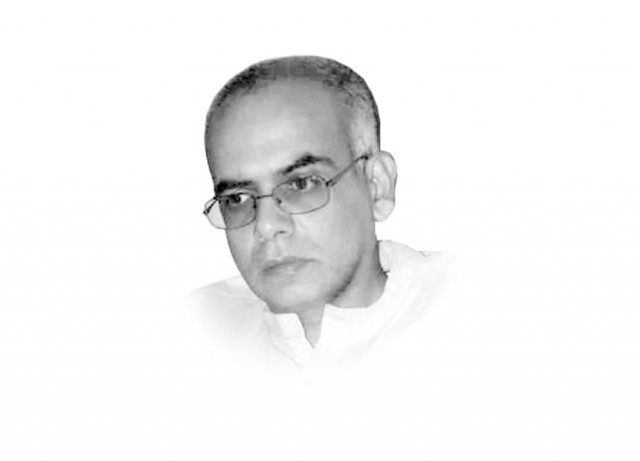Our problematic gender gap situation and ranking
Pakistan is most probably the worst performing state in South Asia in terms of gender gaps

The writer is a development anthropologist currently based in Fairfax, Virginia, and teaches at Georgetown and George Washington universities
The above cited index is published in the annual Global Gender Gap Reports, which is a creation of the World Economic Forum (WEF). The WEF also publishes other similar reports and indicators such as the Inclusive Growth and Development Report, the Global Competitiveness Index and the Global Risks Report. It essentially aims to provide a platform bringing the global political and business elite to discuss means for “improving the state of the world”. The aspirations of the WEF are not only grandiose, but also contested, since many of the people and entities held responsible for creating problems of disparity, gender inequality and trade distortions around the world, are also being tasked with overcoming these problems.
The overarching crisis of legitimacy aside, let us see what the global gender gap index is. This particular index tries to quantify the magnitude of gender disparities and tracks their progress over time, with a specific focus on the relative gaps between women and men across four key areas: health, education, economy and politics. Even if the index doesn’t get into structural reasons why there are gender disparities, there is value in trying to assess the state of gender gaps using basic indicators such as education attainment, health status, and access to economic and political opportunities.
Pakistan has never really done well on this index. We were ranked 112 out of 115 countries back in 2006, the first year the index was published. Since then, our position has not improved even as more countries have been added to the list, for which comparable data has also become available. In 2013, Pakistan ranked 135th out of 136 countries. In 2014, eight more countries were included in the report, but Pakistan remained second last at 141 out of 142 countries. We were ranked 143rd out of 144 countries in 2015, and retained that same position in the Index for 2016. The only country ranked below Pakistan is Yemen (144), while Syria is one place ahead at 142.
It is not hard to believe that Pakistan is most probably the worst performing state in South Asia in terms of gender gaps. It is however harder to believe that conditions for women are worse in Pakistan than they are in Syria, and are only slightly better than Yemen, which is also in the midst of a major conflict.
Before the 18th Amendment, several line departments, international donors and NGOs have been working on improving women’s status in society, and implementing the global agenda of international protocols to address gender disparities, such as the Convention on the Elimination of All Forms of Discrimination Against Women and the Beijing Platform for Action. The LGO 2001, for all its short-falls, did also significantly provide more space for political empowerment of women. However, the Global Gender Gap Index did not really reflect these developments. For example, in 2008, the Index had still placed us at the unenviable position of 127 out of 130 countries. Subsequent to devolution, the provinces seem to be struggling to address gaps between wage equality and female-to-male literacy ratio. The political representation of women in the local, provincial and federal levels of government is also again negligible. Thus, even if one may not agree with the overall accuracy of the Global Gender Gap Index, this does not mean we do not need to pay heed to our dismal performance on several important indicators concerning gender empowerment.
We remain a country where women are socio-economically and politically shackled by reins of patriarchy, and often subjected to perturbing levels of exploitation and violence. We don’t need any index to tell us that, the evidence for this reality glares us in our faces. CPEC, nor any other fortuitous development, will not help sustain economic growth and prosperity, if we continue neglecting and undermining half the population of our country.
Published in The Express Tribune, March 17th, 2017.
Like Opinion & Editorial on Facebook, follow @ETOpEd on Twitter to receive all updates on all our daily pieces.

















COMMENTS
Comments are moderated and generally will be posted if they are on-topic and not abusive.
For more information, please see our Comments FAQ